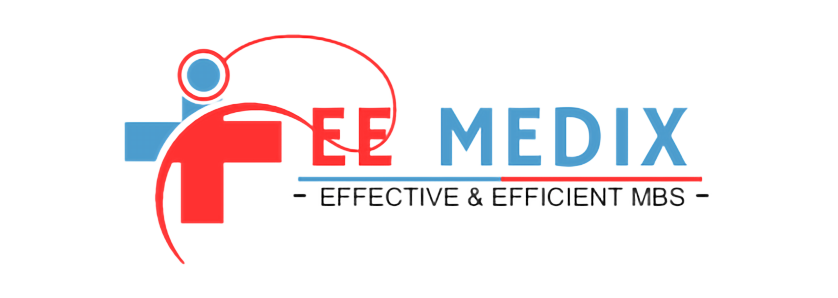In the ever-evolving landscape of healthcare, one cannot deny the profound impact that Artificial Intelligence (AI) has had on various facets of the industry. From diagnosis and treatment to administrative tasks and patient management, AI has proven to be a game-changer. One area where AI is making significant strides is in the realm of medical billing and coding, a critical aspect of healthcare administration that often goes unnoticed but plays a pivotal role in the financial stability of healthcare providers. In this article, we delve into how Artificial Intelligence is reshaping medical billing and coding for the future, offering efficiency, accuracy, and a promising outlook for healthcare professionals and patients alike.
The Role of Medical Billing and Coding
Before we dive into the transformative power of AI, it’s crucial to understand the significance of medical billing and coding in the healthcare industry. Medical billing and coding are essential processes that ensure healthcare providers receive proper reimbursement for the services they render. It involves translating medical procedures, diagnoses, and treatments into universally recognized codes for insurance claims and billing purposes.
The Traditional Challenges
Historically, medical billing and coding have been notorious for their complexity and propensity for errors. Manual coding is a time-consuming, error-prone, and resource-intensive task. The intricacies of medical procedures and the ever-changing regulations and coding guidelines pose challenges for even the most experienced professionals. These challenges often lead to delayed payments, claim denials, and increased administrative costs for healthcare providers.
The AI Revolution
Artificial Intelligence has stepped in as a formidable solution to these long-standing challenges. AI-powered systems are now revolutionizing medical billing and coding in several ways:
1. Enhanced Accuracy
AI algorithms can analyze vast datasets with unprecedented accuracy. When applied to medical coding, this translates into fewer errors and reduced instances of rejected claims. AI systems can cross-reference medical records, identify discrepancies, and ensure that the coding is precise and compliant with current regulations.
2. Streamlined Workflow
AI-driven automation streamlines the entire billing and coding process. Routine tasks, such as data entry and claim submission, can be automated, freeing up valuable time for healthcare professionals. This increased efficiency allows healthcare providers to focus more on patient care.
3. Real-time Updates
AI systems can continuously update themselves based on evolving medical guidelines and regulations. This ensures that coding practices remain up-to-date, reducing the risk of non-compliance and claim denials.
4. Predictive Analytics
AI can provide insights into billing patterns and payment cycles, allowing healthcare providers to optimize their revenue streams. Predictive analytics can identify potential issues before they become critical, enabling proactive intervention.
The Benefits for Healthcare Providers
The adoption of AI in medical billing and coding offers a multitude of benefits for healthcare providers:
Cost Reduction
By automating repetitive tasks, AI reduces the need for extensive manual labor, resulting in cost savings for healthcare facilities.
Faster Reimbursement
With improved accuracy and reduced errors, AI accelerates the reimbursement process, ensuring that healthcare providers receive payments promptly.
Compliance Assurance
AI systems help healthcare providers stay compliant with ever-changing regulations, mitigating the risk of audits and penalties.
Improved Patient Experience
Streamlined administrative processes free up healthcare professionals to focus on patient care, leading to an enhanced patient experience.
The Patient Perspective
While the advantages of AI in medical billing and coding are clear for healthcare providers, patients also stand to benefit. Prompt and accurate billing processes can lead to reduced out-of-pocket expenses and a more transparent healthcare experience. Additionally, the increased efficiency in healthcare facilities can translate into shorter wait times and improved access to care.
The Road Ahead
As AI continues to advance, its role in medical billing and coding will only become more pronounced. Machine learning algorithms will become even more adept at recognizing complex medical procedures and diagnoses. Additionally, the integration of AI with Electronic Health Records (EHRs) will further enhance the accuracy and efficiency of the billing process.
In conclusion, Artificial Intelligence is undeniably reshaping the landscape of medical billing and coding for the better. The benefits it offers in terms of accuracy, efficiency, and cost-effectiveness are too significant to ignore. Healthcare providers that embrace AI in their billing and coding practices are poised to thrive in a rapidly changing healthcare environment. The future of medical billing and coding is here, and it’s intelligent.

